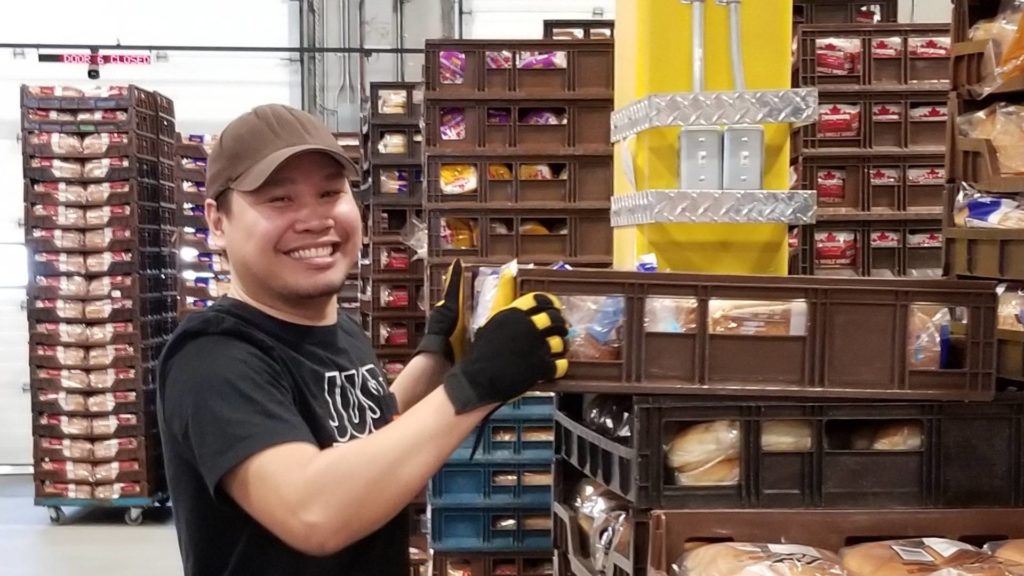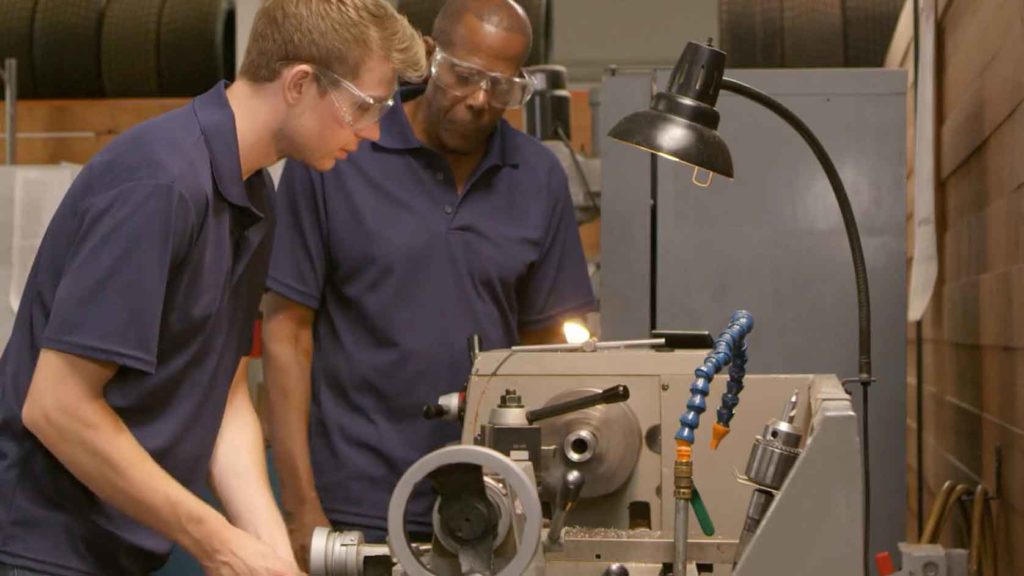Sustainability is at the forefront of everyone’s mind.
When prompted to think about “green” jobs, it’s easy to think of traditional jobs like environmental scientists, wind turbine technicians and forest rangers. Although these jobs are important, we need to think on a bigger scale. Some jobs aren’t entirely focused on sustainability but instead incorporate sustainability practices during decision-making.
Now more than ever, food and beverage processing companies are looking to reduce their environmental footprints. They want to become carbon neutral, reduce their carbon emissions, reduce food waste and perform other “green” activities. Achieving these goals can only happen through organized efforts and embracing everyone’s expertise.
Here are seven jobs that are improving the sustainability of the food and beverage industry:
Food Purchasers
Choosing where to buy something is one of the simplest ways to become a more sustainable company. Sustainable purchasing can be as simple as sourcing ingredients from local suppliers or only leasing equipment for temporary needs. Food purchasers are responsible for purchasing raw materials and other supplies that are used in the manufacturing of products. They have the power to choose suppliers that align with their organization’s social or environmental priorities.
For example, two ingredients which are seemingly the same could have very different environmental footprints. It’s up to the purchaser to research and determine which supplier is better to purchase from. Ethical sourcing also benefits the consumer because many are interested in purchasing from companies they know source ingredients that are local, organic, fair trade, or produced using sustainable farming practices.
Engineers
Chemical, mechanical, process, packaging. Engineers come in all shapes and sizes. By using the principles of engineering combined with their expert knowledge of manufacturing, engineers have a real opportunity to improve the sustainability of food and beverage processing facilities. Engineers are responsible for developing/improving food processes by finding ways to reduce waste and energy usage and increase operational efficiency. They are often responsible for overseeing the installation of new equipment in facilities.
One type of specialized engineer working in the food and beverage processing industry is a packaging engineer. Packaging engineers design, test, and carry out packaging designs for food products. More sustainable packaging is often lighter weight, compostable and recyclable. Switching out packaging to something more sustainable isn’t as easy as just swapping suppliers. New packaging sources need to work with pre-existing equipment, be enticing to customers and protect the integrity of the food being packaged. Packaging engineers work on the front lines to address all these problems.
Environmental Compliance Officer
Environmental compliance officers are typically employed by research firms, food production companies, governmental organizations, and environmental agencies. They enforce and implement environmental laws regarding water, oil, gas, energy and other environmental sectors.
These officers perform environmental compliance audits to identify the impact a business has on the environment and assist companies as they make corrective actions. For example, some processing facilities deal with a lot of water waste, such as those in cheese production. Cheese companies can’t just dump their water into the sewage system because of high levels of phosphates. Instead, they must process the water to remove these contaminants. Environment compliance officers work to help these companies figure out how to deal with their waste, creating more sustainable processes which won’t degrade the environment.
Sustainability Manager
If you are looking for a role which is knee-deep in sustainability practices, then look no further than a sustainability manager. Sustainability managers manage a company’s environmental impact, resources, and plans. They identify new ways that food processing facilities could improve their energy use, reduce resources, improve waste and any other aspects of a company which directly impact their environmental footprints. For example, a sustainability manager might identify a way for a company to reduce their energy usage by switching out their fridges for higher efficiency ones. Sustainability managers will lead the project by developing a plan with actionable steps and follow the project through to the end.
Continuous Improvement Manager
Continuous improvement is the ongoing effort to improve processes, products, or services. This process encompasses everything from how well the product performs to how efficiently it’s made. Continuous Improvement managers are strong at leading projects as they can take months or even years to complete. This role is heavily focused on tracking and using data to improve processes. Using their strong project management skills, continuous improvement managers get things done.
Food Scientist
Over time consumer tastes and motivations change. The food industry needs to respond to these changes by developing food products that better align with their values. For example, many consumers are shifting away from animal-based products and more towards plant-based ones. However, this isn’t a simple task. You can’t just replace one ingredient for another. Food scientists are the ones who are figuring out how to do this. They have many specializations but together they are working towards creating more nutritious, sustainable and delicious foods. Food scientists may work for food companies, government organizations or for universities/colleges.
Software engineers
As the food industry continues to transition into the technological age, the use of automated equipment grows. To compensate for this growth, software engineers are needed to create and write programs that the equipment runs on. Automation offers the opportunity to improve manufacturing processes’ environmental footprints. For example, artificial intelligence could be used to improve the efficiency of sorting produce. In doing so, it can cut back on food waste. Software engineering in this context requires multi-disciplinary knowledge from coding, sustainability, and manufacturing processes. These individuals might work for companies but are more likely to work for specialized software companies that are developing solutions to solve some of the biggest problems.
Find YOUR Career in the Food and Beverage Processing Industry!
Sign up for a FREE CareersNOW! Jobseeker account!
As a CareersNOW! Jobseeker, you’ll have access to free Job Ready skills training, online job fairs, mentorship sessions, and other resources to learn more about the exciting opportunities in Ontario’s food and beverage processing sector.






